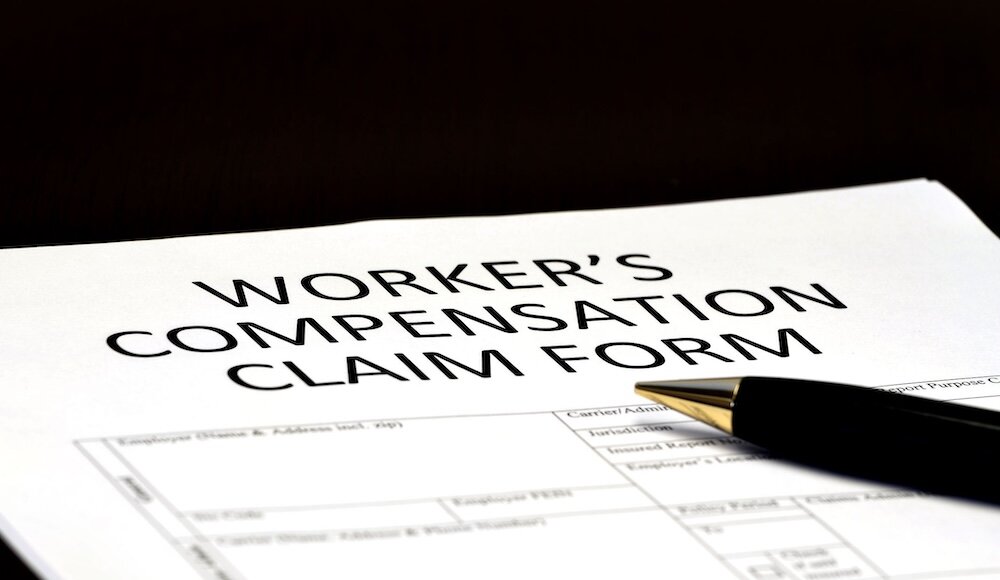
When an employee is injured on the job, workers’ compensation kicks in to cover medical bills, wage replacement and other related costs. But what if someone outside your organization – like a negligent driver or equipment manufacturer – was responsible for the injury?
In Alabama, employers may be able to recover or be reimbursed for those costs if the employee sues or settles a claim with a third party. Understanding these rules can help protect businesses from unnecessary losses, especially for self-insured entities.
Under Alabama law, if an employee receives money from a third party for injuries sustained in an on-the-job injury, the employer or its carrier may be entitled to recover a portion of the compensation paid, including wage loss, expenses for medical treatment and vocational rehabilitation. In some cases, it can also apply to future medical or vocational costs, assuming the employee continues receiving workers’ compensation benefits after the lawsuit or claim.
Different Rules for Different Benefits
Not all workers’ compensation benefits are treated the same when it comes to reimbursement. Alabama law distinguishes between “compensation benefits” and “medical/vocational benefits.”
Compensation benefits refer to payments made for lost wages due to temporary or permanent disability. Medical and vocational benefits include the cost of treatment, rehabilitation and any programs meant to help the employee return to work. However, case law confirms that an employer’s right to recover medical or vocational benefits depends on what the court considers fair and equitable.
When You Can’t Be Reimbursed
However, employers in Alabama cannot recover workers’ compensation benefits in the following situations:
- A wrongful death action.
- The recovery comes from an uninsured or underinsured motorist insurance policy.
Under Alabama law, employers cannot claim reimbursement in the above situations, even if significant workers’ compensation benefits have been paid.
Watch Out for the “No Notice” Rule
One fact that surprises many business owners is that Alabama law does not require employees or their attorneys to notify an employer of a third-party claim or lawsuit. This means a case could settle without your knowledge – and without your business recovering a dime. Once a settlement is finalized, you cannot go back and ask for reimbursement. To protect yourself, stay in touch with injured employees or your legal counsel to investigate potential claims when you feel your employee may have a third-party claim.

The Cost of Recovery: Understanding the Fitch Formula
Of course, subrogation recovery comes at a cost. Even if an employer is entitled to reimbursement, Alabama law states that the employer is responsible for a portion of the fees to the attorney who secured the recovery. Alabama uses the Fitch formula to figure out your share. The Fitch formula was created by Alabama courts in the seminal case of Fitch v. Ins. Co. of North America (1981). Here is a simplified breakdown using real numbers:
- Employer paid $2,170.79 in workers’ compensation benefits.
- The employee receives $3,000.00 from a third party.
- Legal fees and expenses are $1,984.05
The employer’s share of legal costs:
($2,170.79 ÷ $3,000.00) x $1,984.05 = $1,435.65.
So from the $2,170.79 you are owed, subtract $1,435.65 in third-party legal costs. That leaves you with $735.14 in actual reimbursement. This system ensures that employers do not exploit and take advantage of the risks and work incurred by the employee’s attorney in pursuit of the third-party recovery.
Takeaways for Business Owners
Alabama law provides employers a path to recover workers’ compensation payments when a third party is responsible for the injury – but it is not automatic. Here’s what you should keep in mind:
- Track third-party claims: Employers may not be notified, so be proactive.
- Know what costs are reimbursable: Compensation benefits are easier to recover than medical or vocational benefits.
- Consider intervening: Join the lawsuit if reimbursement rights are at risk.
- Budget for legal costs: Expect to pay a share of attorneys’ fees if an injured worker recovers from the third-party claim.
Failing to monitor these situations could cost your business thousands of dollars in unrecovered workers’ compensation expenses. When in doubt, talk to your workers’ compensation carrier or legal counsel to ensure you are protecting your financial interests.
David Lindsey, an associate attorney at Swift Currie, defends employers, insurers and self-insureds in workers’ compensation and related liability claims. He can be reached at [email protected].



